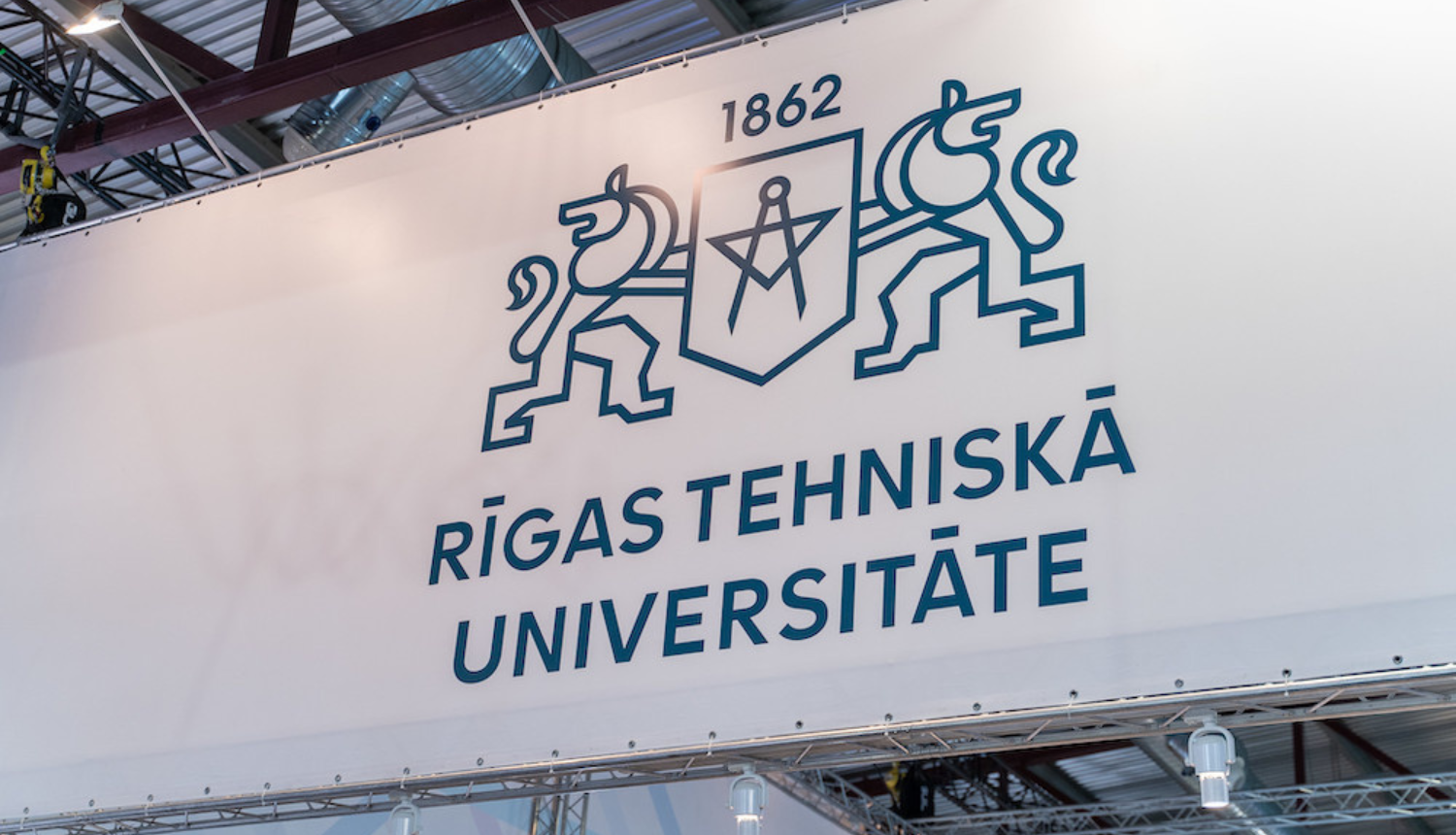From September 1, 2024, Riga Technical University (RTU) will begin the transition to institutional financing of higher education. RTU will be the first of the state universities in which the new pilot project initiated by the Ministry of Education and Science (MES), decided at the meeting of the Cabinet of Ministers, will be implemented in accordance with the criteria.
As part of this pilot project, RTU will start implementing the new funding model for its newly admitted students from the fall of 2024; it will be approved until December 31, 2026. In the opinion of the MES, RTU meets the established criteria of the pilot project, and it is the Latvian higher education institution with the highest place in the world's leading rankings. Currently, RTU is best positioned to be the first university to introduce an institution-level funding approach.
The pilot project will introduce more flexible possibilities for RTU to determine payment principles, which students can study in study places fully financed by the state budget, which for partial payment or co-payment, and which cover full study costs. RTU will inform the MES about the planned number of study places and their funding sources. The Ministry will conclude an agreement on graduates to be prepared for the state in priority areas.
It is planned that within the framework of the pilot project, the number of state-funded exact sciences graduates of RTU will increase, the proportion of students expelled without a diploma will decrease, as well as lifelong learning, funding attraction and RTU's strategic focus on the development of exact skills will be promoted.
In the future, the transition from the existing budget place calculation model to institutional funding is planned in all state universities. By approving this pilot project, the state's higher education institutions will have greater autonomy and will open up wider opportunities to achieve the set goals, i.e. higher education institutions will receive payment for the result, not the process.
Photo: RTU
